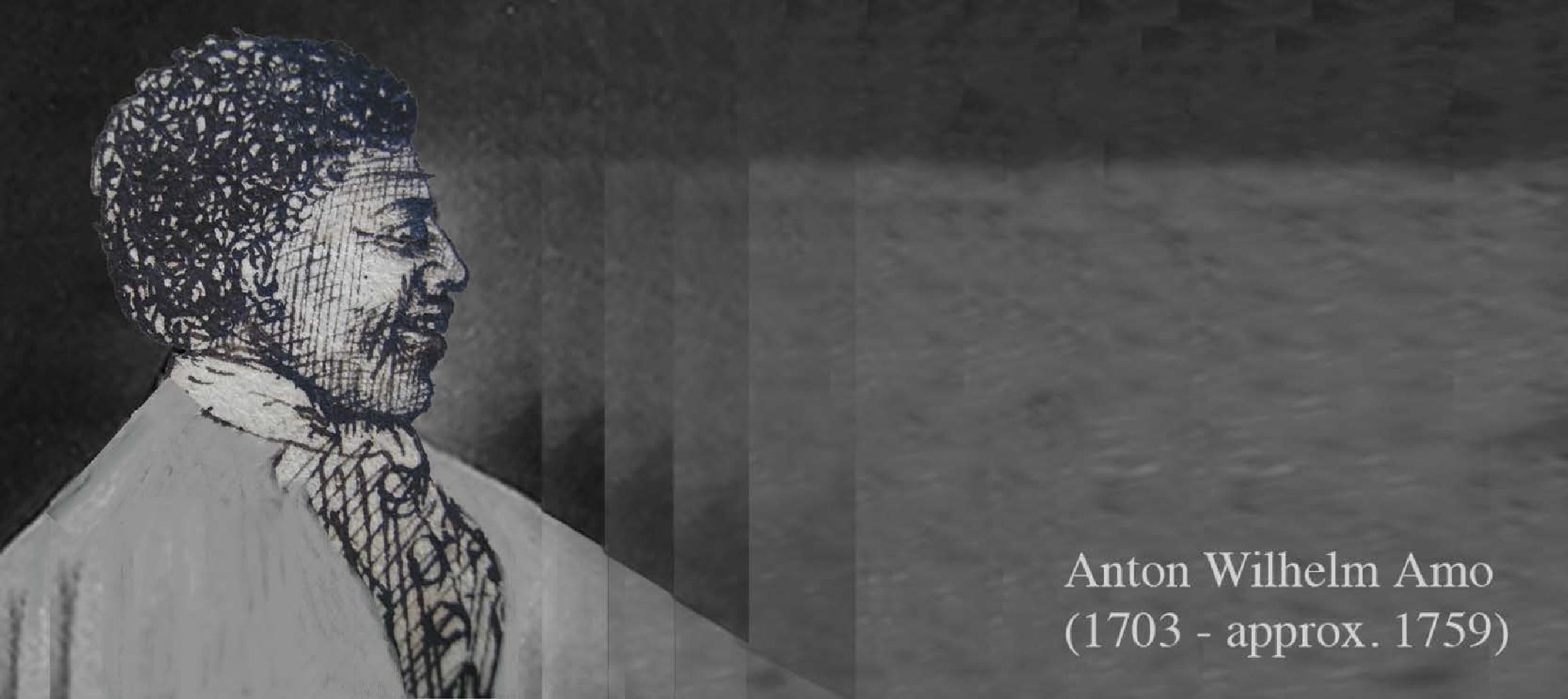
Greatly multiplayer on the internet roleplaying game have reached a tremendous amount of prominence in the broader discussion board
He could be addicting kinds of amusement inside the zero small part while the of companionships and you may groups you to function one of many players. Yet not, these types of user affairs will occur in spite of mechanics out of the overall game, instead of being fostered because of the him or her. Moreover, whilst the online game call themselves “roleplaying video game”, they frequently display have and mechanics one to barely show the official-of-the-artwork in RPGs. As an alternative, most hearken back to the first kinds of roleplaying game, commonplace regarding later seventies and you will early eighties, in which analytics and you can innovation contained in this a good linear hierarchy had been more frequently highlighted than simply story and you can characters. Into the progressive roleplaying video game community, this type of video game are now deprecated, actually thought a bit pathological, in support of way more totally free-mode or storytelling online game.
One common complaint of one’s on the internet gamer is that the overall game is “boring”, otherwise that there’s “way too much repeated performs” at “lower levels”. It is a definite indication one to gameplay in this a hierarchical program try stifling the brand new amusement prospective. not, of several professionals might hiki declare that they “remain to play become along with their friends”, showing that the community connections and you can friendships is a dominant influence, even yet in the face out of smaller-than-fascinating game play. It manifesto is an effort to describe a style of putting and think an internet greatly multiplayer video game in such a way in order to emphasize town-strengthening and you can member-to-member relationship that are an ability regarding the genre, while you are proposing tips and you will game technicians one to limit otherwise ideally, eliminate, this new monotony too often seen, such as among beginning participants. It needs to be emphasized that sort of game is a kind of purchased amusement, therefore the item should be to hold using users (players) therefore, the organization generating the video game may survive, earnings, and you can consistently submit activity. To make certain that a game providers to hold users, the participants need benefit from the online game sense.
Definitions:
AI: “artificial intelligence” Used loosely in this sense, to mean agent-type algorithms that act within the game environment. AI is typically used for infrastructure that players can interact with, such as a shopkeeper NPC, or for adversaries. AI is also used to describe abstract processes within a game that need to evaluate conditions and make decisions without human referee intervention.
Material
approach unreality: A term for multiple copies of a game world which exist independently from one another. There are usually game-specific terms. For example, the many copies of the Ultima Online game world are called “shards”. Each runs on a separate server, with the intent that its players are located physically nearby to reduce network delays affecting game response.
game: A contest in which there is an objective, shared by the participants, called “winning”, which usually ends the contest. It can be argued that most MMOGs are toys (q.v.), not games. However, the term “game” is common parlance and will be used throughout this document.
game providers: The real-world company that either designed or publishes and supports an online game. No distinction is made in this document between development and publication, which are acknowledged as different roles usually assumed by two different companies in the real world.
GM: “gamemaster” The referee in a traditional role-playing game. In an online game, this is usually a representative of the game company, with ability to resolve problems or provide support to regular players.
IRC: “Internet Relay Chat” An online means of communication, in which a large number of people can participate in simultaneous or private text conversation in a “chat room”, “booth” or “channel”. Methods of expressing action and emotion developed in these environments via text cues and eventually, environment-manipulating commands. This led to the creation of the first online role-playing environments (MUCKs, MUDs, and MUSHes).


